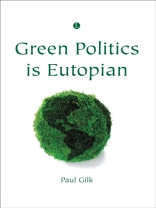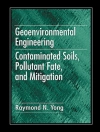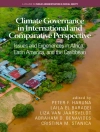There have been various thinkers who have attempted to explain the Earth-altering (even ecocidal) features in modern life. Jacques Ellul, for instance, a French intellectual, became famous for his exposition of technique. But technique does not adequately address the institutional context out of which technique itself arises. In these essays, Paul Gilk stands on the shoulders of two American scholars in particular. One is world historian Lewis Mumford, whose work spans fifty years of scholarship. The other is classics professor Norman O. Brown, who brought his erudition into a systematic study of Freud. From these intellectuals especially, Gilk concludes that the accelerating ecocidal characteristics of globalisation are inherent manifestations of perfectionist, utopian, predatory institutions endemic to civilisation. Our great difficulty in arriving at or accepting this conclusion is that civilisation contains no negatives it is strictly a positive construct. We are therefore incapable of thinking critically about it. A corrective is slowly emerging from Green intellectuals. Green politics, says Gilk, is not utopian but eutopian. It is not aimed at perfectionist immortality but, rather, at earthly wholeness. Yet the ethical message of Green politics confronts a society saturated with utopian mythology. The question is to what extent, and at what speed, ecological and cultural breakdown will dissolve civilised, utopian certitudes and provide the requisite openings for the growth of Green, eutopian culture.
Paul Gilk
Green Politics is Eutopian [PDF ebook]
Green Politics is Eutopian [PDF ebook]
购买此电子书可免费获赠一本!
语言 英语 ● 格式 PDF ● 网页 254 ● ISBN 9780718842895 ● 出版者 The Lutterworth Press ● 发布时间 2009 ● 下载 3 时 ● 货币 EUR ● ID 5667489 ● 复制保护 Adobe DRM
需要具备DRM功能的电子书阅读器












